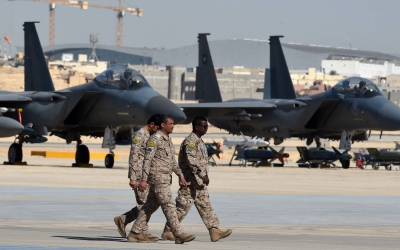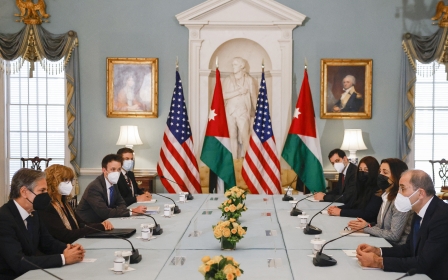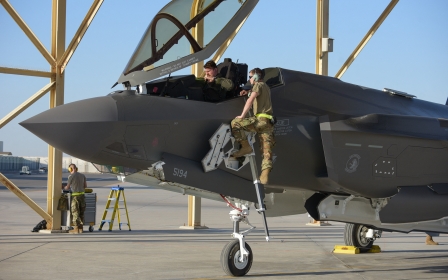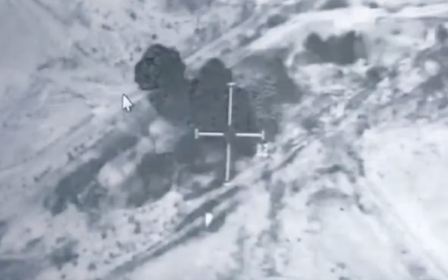US approves weapons sales to Jordan, Saudi Arabia and UAE
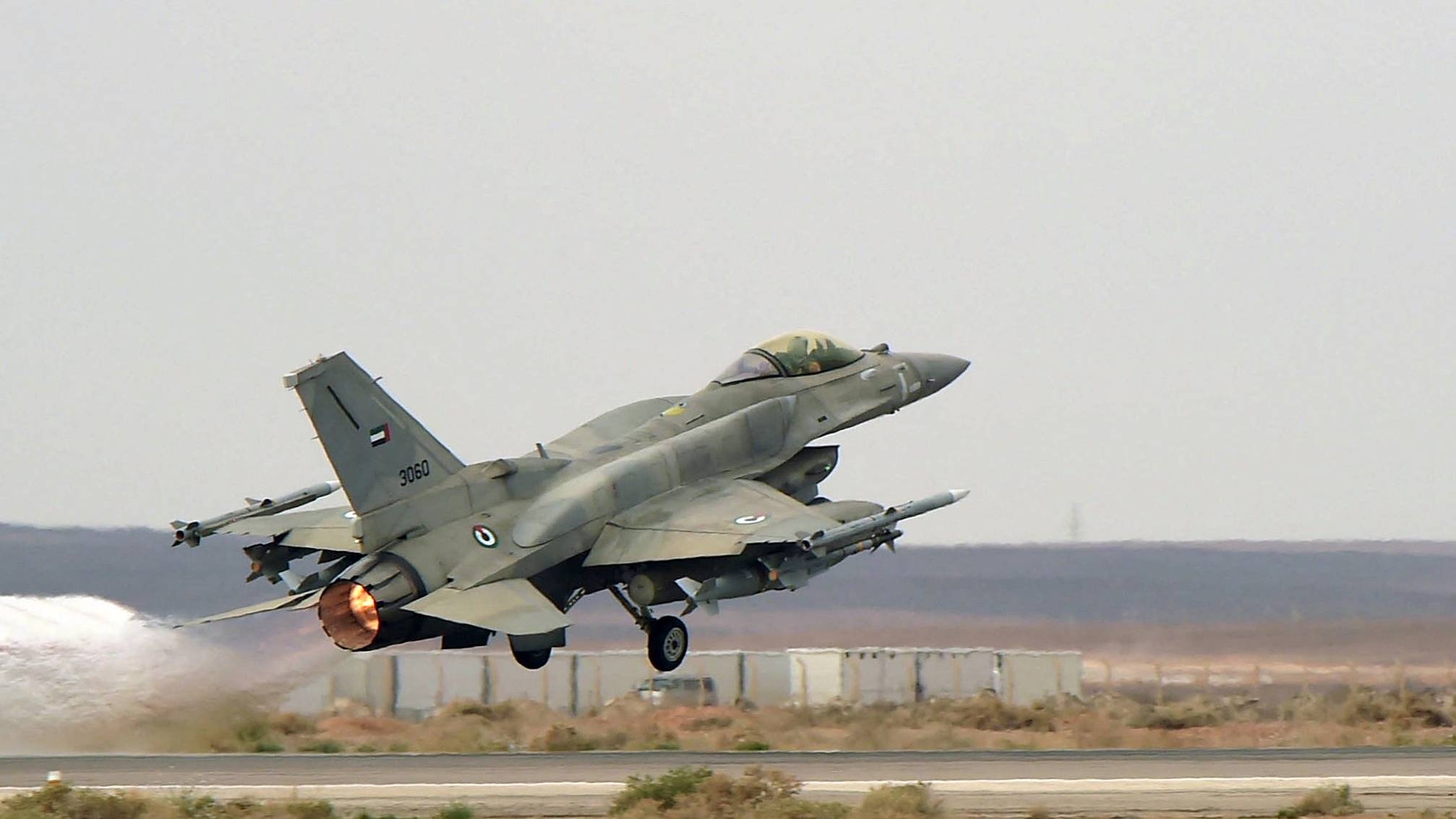
The US State Department approved a series of potential weapons sales to its Middle East allies Jordan, the United Arab Emirates, and Saudi Arabia.
The approvals included the possible sale of 12 single-seater F-16 fighter jets and four two-seater F-16s and related equipment to Jordan at an estimated cost of $4.21bn, the Pentagon's Defence Security Cooperation Agency (DSCA) said on Thursday.
The DSCA also announced that Saudi Arabia received approval from the US to buy 31 MIDS-LVTs - communications terminals that link air, ground and maritime channels for coordinating operations - for as much as $23.7m. The MIDS-LVTs would be added to Riyadh's Thaad missile defence systems.
The UAE, meanwhile, received preliminary approval to purchase $65m worth of spare and repair parts for its Hawk, Patriot, and Thaad missile defence systems.
"This sale supports the UAE’s existing ability to deter and defend against hostile threats by maintaining the operational readiness of critical air defense systems," the Pentagon's DSCA said in a press release.
The State Department notified Congress of the possible sales on Thursday, and despite their approval by the Biden administration, they could still be blocked if Congress passes legislation against them.
The announcements also come as the administration is conducting a review of its arms transfer policy, which Biden is reportedly hoping to shift to put a greater emphasis on human rights, a key campaign promise.
Gulf tensions
The sales also come at a time of heightened tensions between Iran and the Gulf states Saudi Arabia and the UAE.
Abu Dhabi has seen a rare string of attacks claimed by the Houthis, a rebel group in Yemen that is fighting against a Saudi-led military coalition, of which the UAE is a member. Saudi Arabia has been regularly targeted by Houthi missile and drone attacks in recent years.
While US President Joe Biden announced an end to support for offensive operations in the Saudi-led coalition's war in Yemen, Washington has remained committed to helping Riyadh defend itself.
The administration approved a $650m arms sale to Saudi Arabia late last year, despite opposition from some lawmakers and activists.
Earlier this week, Defence Secretary Lloyd Austin announced that the US would be sending a guided-missile destroyer as well as state-of-the-art fighter jets to help defend the UAE following the attacks by the Houthis.
Middle East countries accounted for 47 percent of all US arms exports between 2016 and 2020, according to a report by the Stockholm International Peace Research Institute.
The region saw a 28 percent increase in purchases of US arms during that period, with US arms exports to Israel rising by 335 percent, Qatar by 208 percent and Saudi Arabia by 175 percent.
A number of countries in the Middle East, including Saudi Arabia, have been named the riskiest nations to receive US arms sales, according to a recent report by the Cato Institute.
Middle East Eye delivers independent and unrivalled coverage and analysis of the Middle East, North Africa and beyond. To learn more about republishing this content and the associated fees, please fill out this form. More about MEE can be found here.


